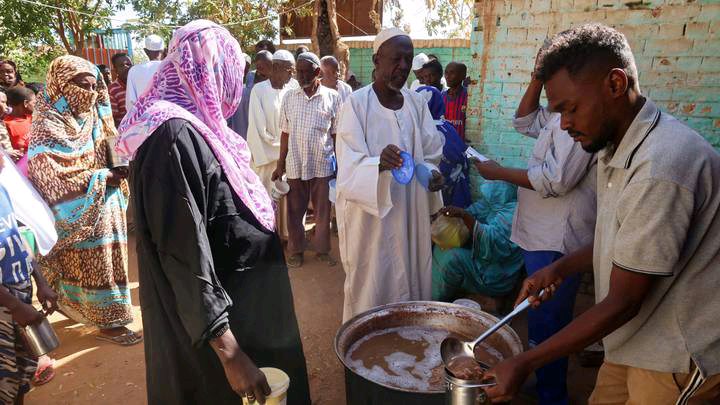By: Chioma Madonna Ndukwu
The United Nations World Food Program (WFP) has secured $118 million in aid from the U.S. Agency for International Development (USAID) to assist over 1 million displaced individuals in Eastern and Central Africa. This funding aims to provide critical life-saving support for those affected by ongoing conflicts, including the war in Sudan, and devastating weather events like the Horn of Africa drought, which lasted from 2020 to 2023.
The number of displaced people in the region has dramatically increased from 13.2 million in 2020 to 26.5 million in 2024, largely due to these crises. WFP’s regional director for Eastern Africa, Laurent Bukera, emphasized the importance of this aid: “This funding from the US is critical to ensure we can maintain support for these vulnerable displaced people, many of whom rely almost entirely on humanitarian assistance to survive.”
The aid will allow the WFP to distribute cash transfers and food assistance to refugees, asylum seekers, returnees, internally displaced persons, and food-insecure host communities across countries such as Burundi, Djibouti, Kenya, Rwanda, and Uganda. Despite the increase in demand, the WFP has been forced to reduce food rations for many refugees due to limited resources, with some receiving as little as 30% of the required amount.
This influx of aid is undeniably crucial, yet it underscores a grim reality. The rapid escalation in displacement and the continued shortage of resources highlight the severe disconnect between growing humanitarian needs and available support. While the U.S. contribution is invaluable, the international community must work together to ensure these needs are met sustainably, without forcing agencies to make impossible choices about who gets aid and how much.


